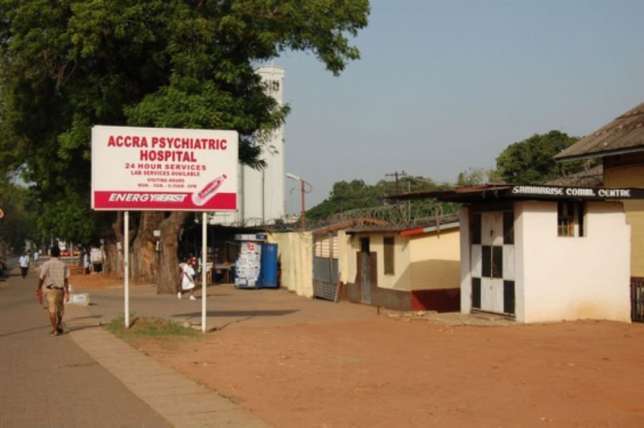At the entrance of the male patients’ ward of the Accra Psychiatric hospital, Ghana’s biggest and major mental health post, about 5 nurses are seated – apparently idle.
Behind them is the yard which hosts in-patients, many of whom could be seen milling around either individually or in small groups.
A nervous feeling hits any visitor to this facility as patients stare at you with curiosity, while some look visibly aggressive. There is no security and safety measures in place to prevent aggressive patients from attacking visitors.
The insanitary conditions and the weakness in hospital’s architecture are visible to all. Walls of the units patients sleep looked extremely dirty making it difficult to tell the colour of paint which was used.
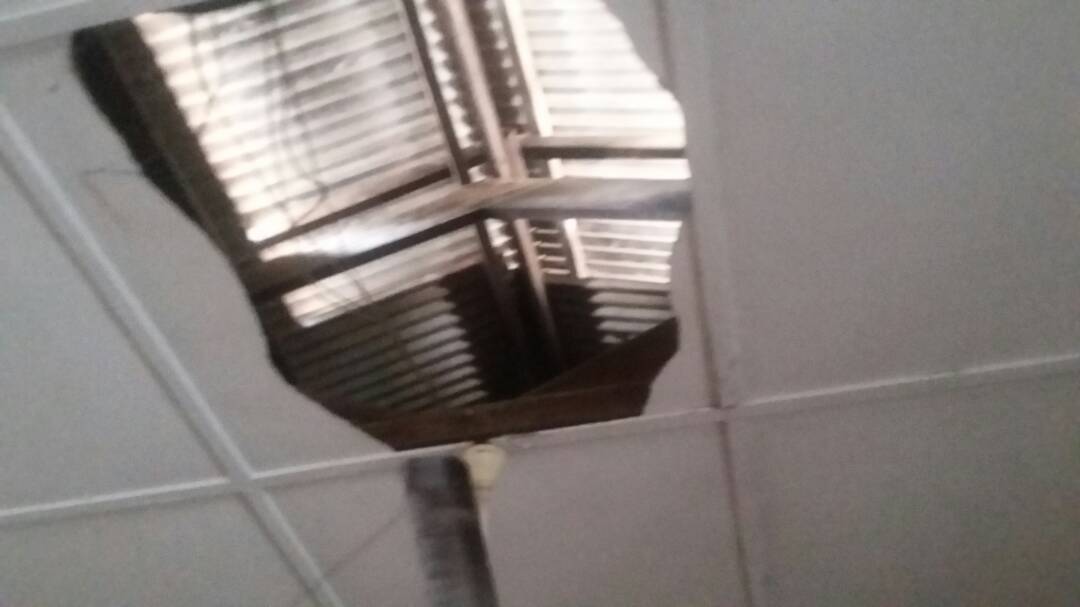
The ceiling is in a pathetic state; most of it has been ripped off with live electrical cables dangling loosely. Officials complained about how the roof leaks heavily whenever it rains.
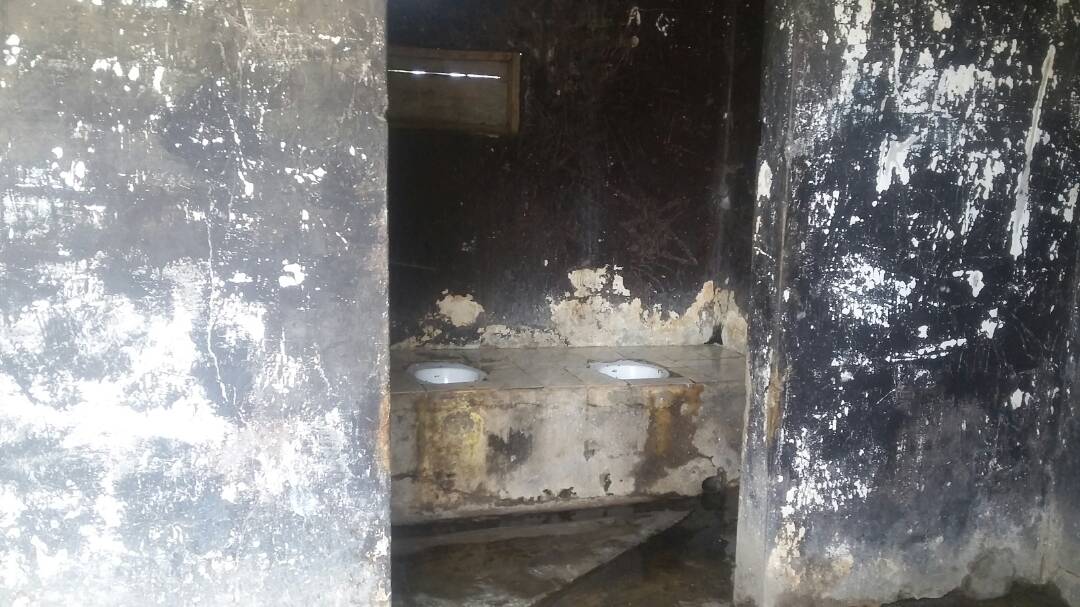
The bathrooms are covered with spirogyra, sand and other materials. The washrooms emit a very offensive smell far worse than what pertains in the cattle market.
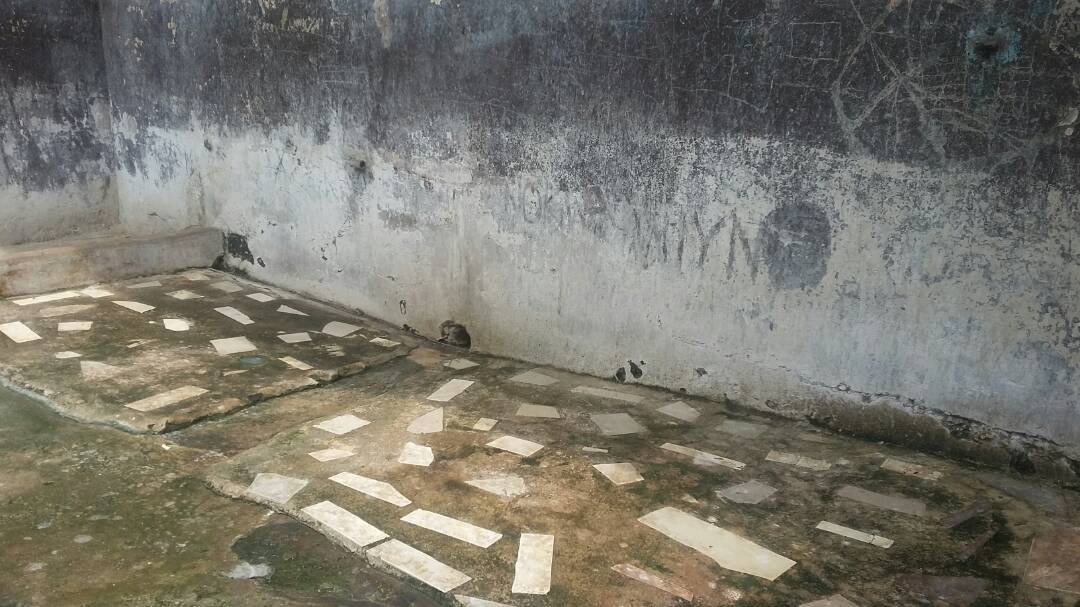
In this mess, flies find a paradise. This crises is compounded by an infrequent flow of water. One nurse said “In fact working here is very tedious and very disheartening. With the conditions here, when a patient comes in for treatment they go back with further complications.”
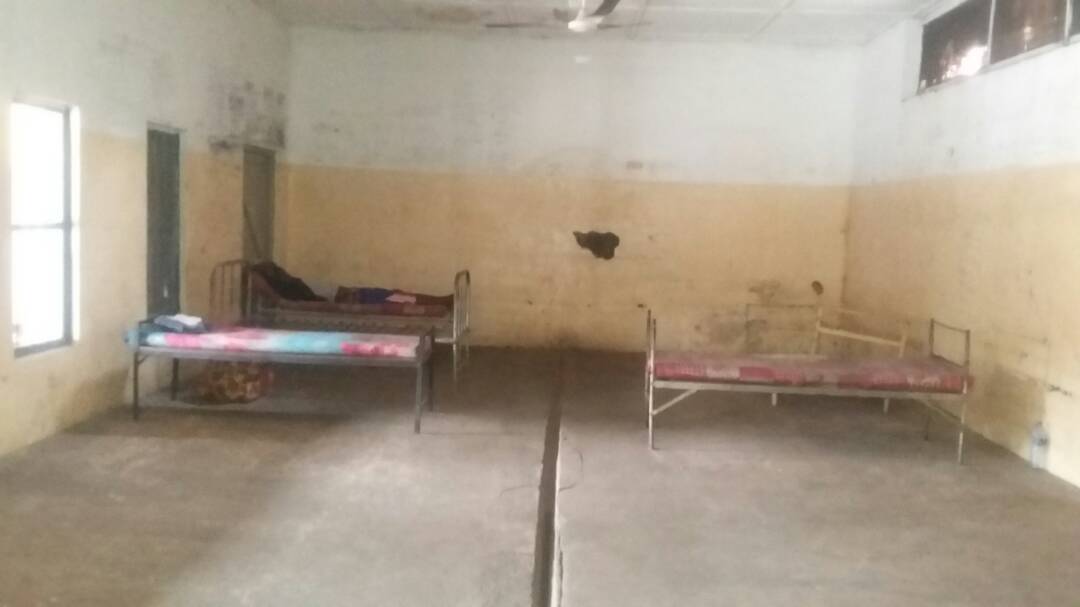
The facility still owes its suppliers and access to food and other essential medicines and logistics is limited. Another nurse said the hospital mainly survives on the benevolence of philanthropists who donate food items and other essentials.
“Waking up each day and coming to work only to be confronted by these conditions is disheartening”
Managers of the facility have said that they are now helpless in restoring the status of the hospital to an improved status.
Emmanuel Febri, a spokesperson for the health post said “When we talk about mental health I think as a country we have not added it to our priorities.”
The Accra Psychiatric hospital is yet to pay its over $2 million debt to creditors with the government only paying about $250,000 last year.
Source: Africafeeds.com / Asabea Akonor

